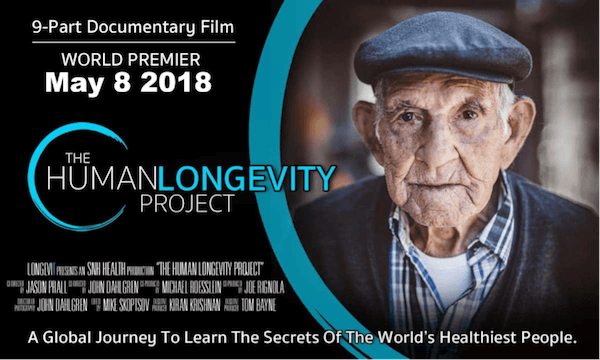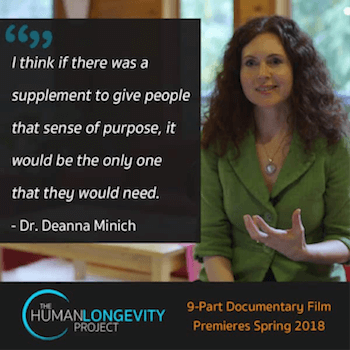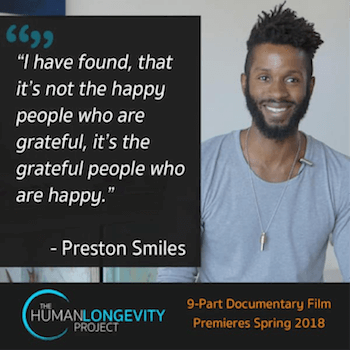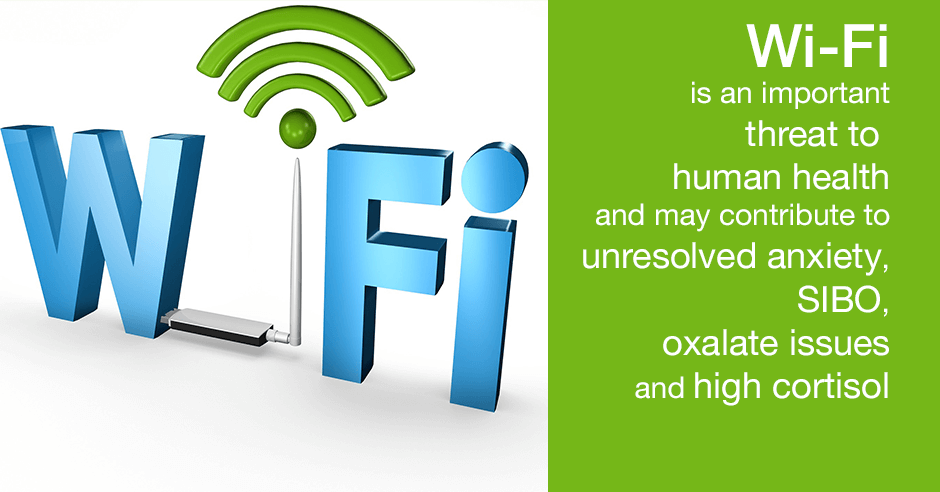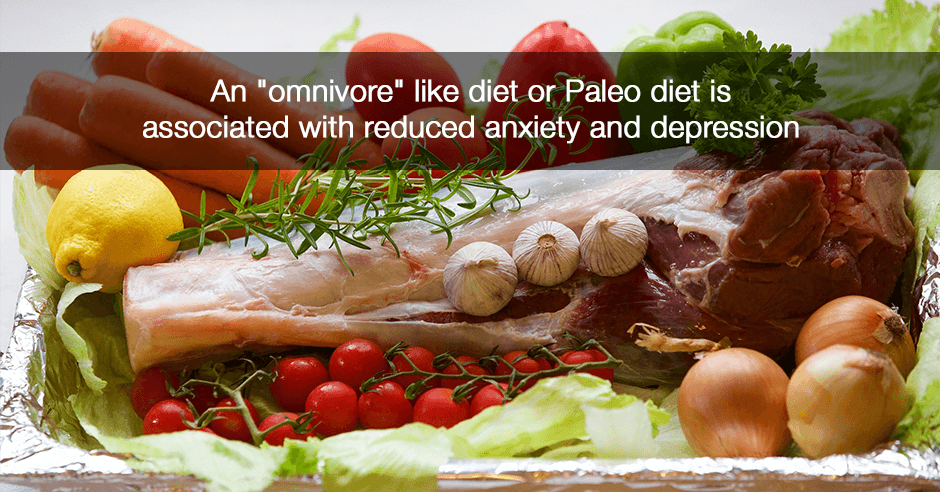The Human Longevity Project is a first-of-it’s-kind 9 part online documentary filmed over 2 years, in over 50 locations, with over 90 expert interviews!
Join Health Researcher, Jason Prall, as he travels the world investigating why certain people live extraordinarily, healthy, happy and long lives.
Here is a trailer to inspire you to watch and learn and go on this amazing journey with Jason and the people he interviews:
With this documentary he wants to share that there are
- populations all over the world that are virtually free of chronic disease
- places where people typically live well into their 90s and 100s
- ways to live a healthier, longer and happier life, using strategies that work for the oldest populations… free of fad diets and short-lived health trends.
- ways to get clear on what naturally works to cure depression, anxiety, and overwhelm
- new and proven ways to treat and prevent most epidemic diseases
- tools to turn your mitochondria into a powerhouse for your body, so you get more energy and stamina throughout the day
Jason not only traveled the world to learn from these healthy populations, he interviewed leading researchers, doctors and experts to uncover the underlying mechanisms that afforded them such long, healthy and happy lives.
The results are stunning and scenery is superb!
(It’s truly magnificent and I’ve only seen snippets! It takes me back to my late 20s when I backpacked through Europe and lived like the locals did, eating amazing local food, explored beautiful Greece and Turkey and met incredible people!)
What’s wonderful is that you can now learn the secrets of the world’s healthiest people, and how to apply their wisdom to your modern life.
Here are some of my favorite quotes from just a few of the amazing speakers:
Yes to having a sense of purpose – a sense of purpose is the only one thing you need! Purpose is SO important and Deanna Minich, PhD shares why on The Human Longevity Project.
Do you have a sense of purpose? And how has it helped you heal and live a fuller life?
I know that quitting my computer job over 15 years ago and going back to school to become a nutritionist was the best thing I ever did! Helping others finding nutritional solutions for their anxiety symptoms is so incredibly rewarding. It’s my purpose in life – that’s for sure! I actually consider my own anxiety and panic attacks a gift now – a gift that led me to what I do today!
I love this quote from Preston Smiles:
It’s not the happy people who are grateful, it’s the grateful people who are happy
And don’t you just love his name and lovely smile too!? So much wisdom!
And wisdom from 68-year old Cristina in Costa Rica – go barefoot and walk on the ground to raise our defenses and build immunity.
Ayako, from Japan, is 83 years old and she says this:
The most important thing is balance in your way of eating, sleeping and work. If there is an imbalance you will get sick
I hope you feel as excited about this as I do! You can register for The Human Longevity Project here
Enjoy every beautiful minute of it!
